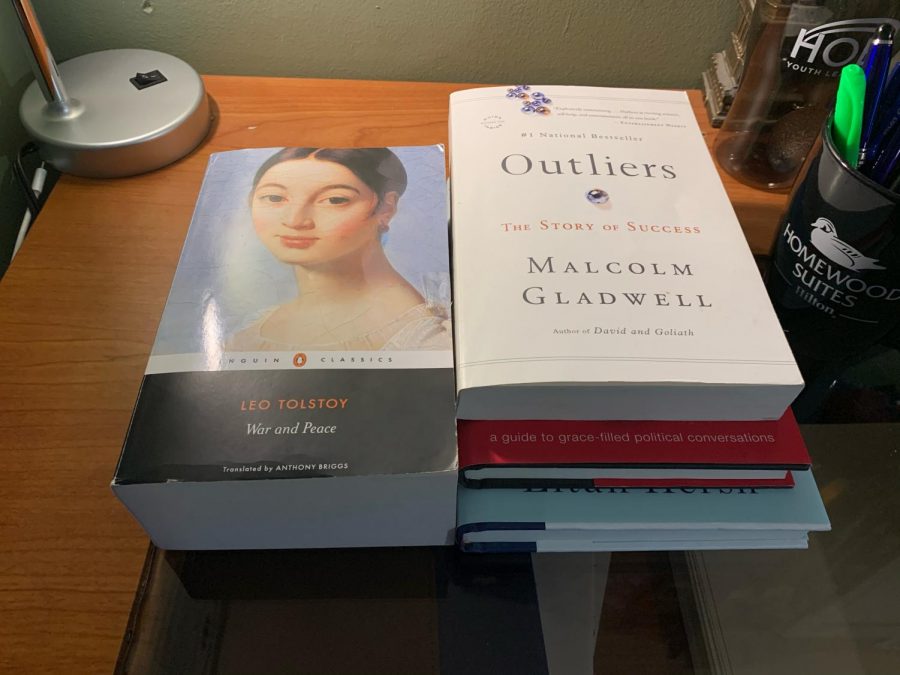

Mercenaries Gone Legit: Private Security Professionals and Private Military Security Companies as Transnational ActorsĨ. Foreign Fighters in the Syrian Civil Warħ. Beyond the Conflict: Diasporas and Postconflict Government Reconstructionĥ Exiles and Political Islam: Contrasting Khomeini’s Religious Nationalism with bin Laden’s Violent GlobalismĦ.

Transnational Feminist Praxis in the Women’s International League for Peace and Freedom in the Aftermath of the Second World Warģ.Governing Conflict through Transnational Corporations: The Case of Conflict MineralsĤ. Knights of Columbus Catholic Recreation Clubs in Great Britain, 1917–19Ģ. Malet and Anderson provide the standard for future study of transnational actors in this work intended for those interested in security studies, international relations, conflict resolution, and global governance.ġ. This book brings together a diverse set of scholars focused on a range of transnational actors, such as: foreign fighters, terrorists, private military security companies, religious groups, diasporas, NGOs, and women’s peace groups. While the study of transnational politics has been a rapidly growing field, to date, the disparate actors have not been analyzed alongside each other, making it difficult to develop a common theoretical framework or determine their influence on international security.

It explores the identities, organization, strategies and influence of transnational actors involved in contentious politics, armed conflict, and peacemaking. Transnational Actors in War and Peace provides a comparative examination of a range of transnational actors who have been key to the conduct of war and peace promotion, and of how they interact with states and each other.


 0 kommentar(er)
0 kommentar(er)
